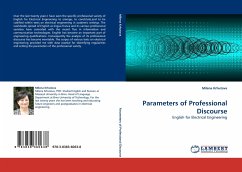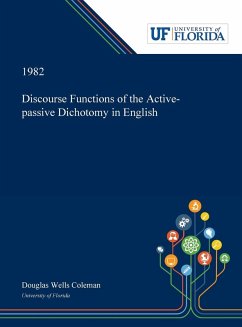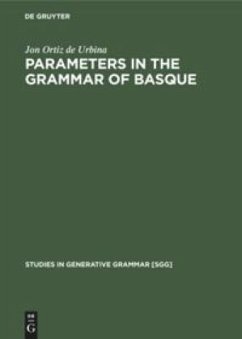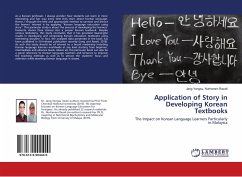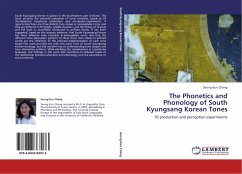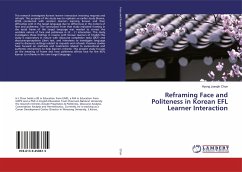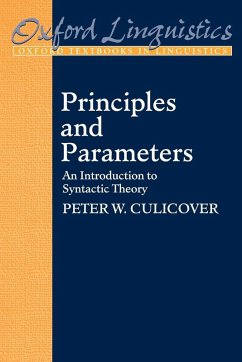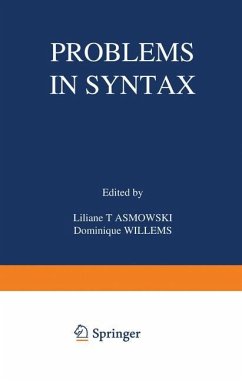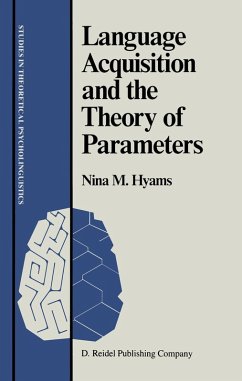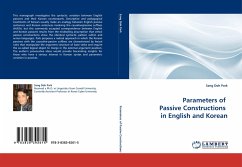
Parameters of Passive Constructions in English and Korean
Versandkostenfrei!
Versandfertig in 6-10 Tagen
52,99 €
inkl. MwSt.

PAYBACK Punkte
26 °P sammeln!
This monograph investigates the syntactic variation between English passives and their Korean counterparts. Descriptive and pedagogical treatments of Korean usually make an analogy between English passive sentences and Korean sentences involving the causative/passive suffixes i/hi/li/ki, but this commonly accepted correspondence between English and Korean passives results from the misleading assumption that verbal passive constructions show the identical syntactic pattern within and across languages. Park proposes a radical approach in which the Korean passives with the causative-passive suffi...
This monograph investigates the syntactic variation between English passives and their Korean counterparts. Descriptive and pedagogical treatments of Korean usually make an analogy between English passive sentences and Korean sentences involving the causative/passive suffixes i/hi/li/ki, but this commonly accepted correspondence between English and Korean passives results from the misleading assumption that verbal passive constructions show the identical syntactic pattern within and across languages. Park proposes a radical approach in which the Korean passives with the causative-passive suffixes are characterized by lexical rules that manipulate the argument structure of base verbs and require the so-called logical object to merge in the external argument position. The author's provocative ideas would provide fascinating insights for those who have a serious interest in Korean syntax and parametric variation in passives.



